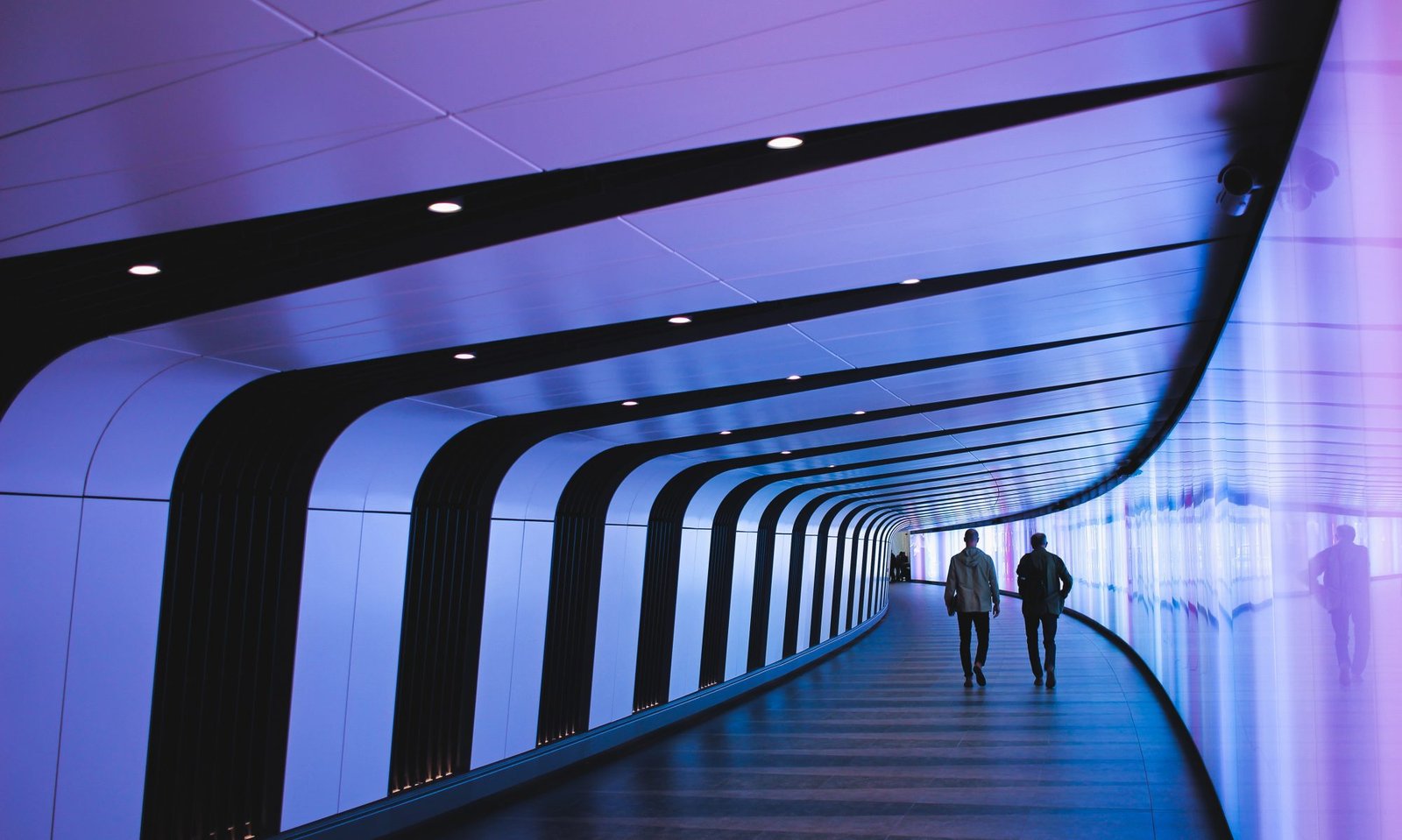There are many countries around the world who offer secretive banking services to wealthy foreigners the same way that Switzerland’s famed banks have done for centuries. To list some:
- Lebanon
- Belize
- Ireland
- Monaco
- Luxembourg
While the latter three are among the wealthiest nations on the planet per capita, the former two – not so much. As a matter of fact, Belize in 2019 is one of the most crime ridden countries per capita as it is on the Central American route for cocaine from South into North America.
So what makes these countries, in particular Switzerland which is the primary brand of small, economically powerful states, that derive much of their income as an offshore banking haven, and what can we learn from them?
The Swiss historically have been a banking nation. They have been politically neutral for centuries and have managed to avoid every major conflict, even when the world was inflamed around them. During World War 2, the most catastrophic war in human history, Switzerland was stuck in the middle between France, Germany and Italy, the latter two of which were in the Axis.
Hitler decided to invade the Soviet Union, but not Switzerland? Why and why not? Is it because his generals had money in Swiss banks? But so did his opponents, so therefore it would’ve been ideal to run over Switzerland and destroy their banks, as Germany had taken most of Europe during it’s greatest extent, regardless of the countries’ publicly stated neutrality at the time.
So in essence, Switzerland managed to win a political victory that despite it’s geographic proximity to the main combatants, as well as the potential financial catastrophe that could be inflicted upon either the Allies or Axis powers, all sides chose to avoid razing or occupying Switzerland.
This is but one analytical example as to how Switzerland’s political system plays a huge role in it’s historical success. Never mind the difficult mountainous terrain. There are other more mountainous countries in Europe, such as Macedonia, that have been at the forefront of conflict for centuries.
Switzerland gives it’s executive power over to a federal council instead of a single head of state. There is a president and vice president, but their powers are largely ceremonial, much in the same way the Queen of England holds power in Canada or Australia. The power is still equally distributed between these 7 members of the federal council. It is not only this equal sharing of power among more than one individual that give the Swiss democracy it’s strength, even though all 7 members are members of the 4 largest political parties in the country.
It is what citizens are legally allowed to do in order to influence government affairs. Citizens are granted the right not only to call a vote to impeach or change a president or member of the council, but also have the right to change laws passed by the government. This is something not many countries around the world do. Usually a petition with 50,000 signatures gathered within 100 days are needed for an optional referendum, where a national vote will have to be instigated for citizens to vote in a popular vote as to whether or not they like a law that has recently been passed by the government.
For a constitutional change, 100,000 signatures must be gathered within 18 months. The only downside to the Swiss system is that much like in the United States – executive power is appointed through an electoral type system through a type of parliament or congress called the Federal Assembly. So even though Hillary Clinton won the popular vote in the 2016 presidential elections in the US, Donald Trump still won the presidency because he had more electoral votes – or in other words more votes from their “members of parliament”, which are voted in by the people as well, in their own local districts.
This is an example where even though representatives of the community are elected by people to represent their interests, sometimes their interests can be swayed due to political constraints. An example of a US political constraint would be Bernie Sanders giving his support to Hillary Clinton once he was not able to attain enough votes to be the primary democratic candidate, despite winning more states over Hillary. This is where internal political corruption within a political party cannot be regulated with the existence of a legal mechanism which the people can use to sway things to their interests one way or another, and remove the bad eggs from the basket.
The banking system in Switzerland also contribute heavily to Switzerland’s economic success. It is not only an institutional policy to have bank-client confidentiality, but it’s also mandated by law, and a Swiss bank giving out financial information to either a domestic or foreign law enforcement agency, for example, is illegal in Swiss law. The down side to this is the trillions of dollars in dirty money that get laundered through Swiss banks as a result.
So why is Belize or Lebanon not as prosperous as Switzerland? The key here lies in the political system and how corruption is regulated. Without a strong, stable political system and reduction of crime, a country like Belize will remain an undesirable destination for wealthy foreign individuals who wish to place their money into offshore accounts far away from the prying hands of their domestic authorities.

